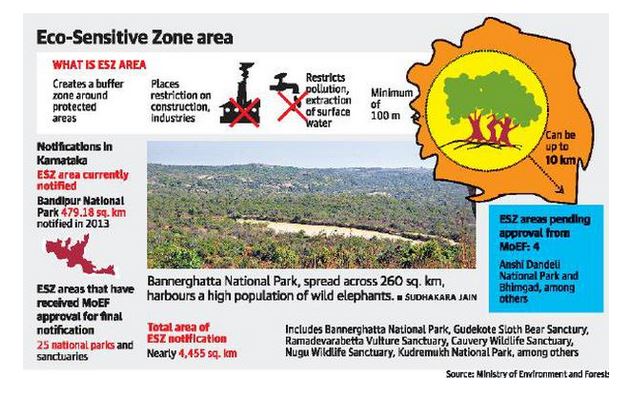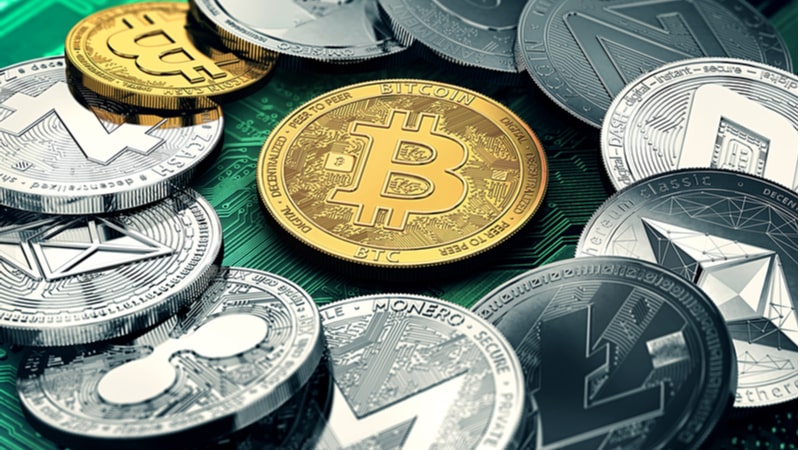National Quantum Mission
Context
? The government will set up a coordination cell to implement the National Quantum Mission (NQM) with a focus on establishing four technology hubs.
About
? The NQM is expected to set up four mission hubs in quantum computing, quantum communication, quantum sensing and metrology, and quantum materials and devices.
? It will essentially be a consortium of academia, research and development labs and industry.
Mission Coordination Cell (MCC)
? The MCC will be set up as a coordinating agency for the Mission and will work in coordination with the Mission Secretariat, DST.
? It will function under the overall supervision and guidance of Mission Technology Research Council (MTRC).
National Quantum Mission (NQM)
? The government approved the National Quantum Mission (NQM) in 2023 from 2023-24 to 2030-31.
? Aim: To seed, nurture and scale up scientific and industrial R&D and create a vibrant & innovative ecosystem in Quantum Technology (QT).
? This will accelerate QT led economic growth, nurture the ecosystem in the country and make India one of the leading nations in the development of Quantum Technologies & Applications (QTA).
? Objectives: The Mission objectives include developing intermediate-scale quantum computers with 50-1000 physical qubits in 8 years in various platforms like superconducting and photonic technology.
? Satellite-based secure quantum communications between ground stations over a range of 2000 kilometers within India, long-distance secure quantum communications with other countries, inter-city quantum key distribution over 2000 km as well as multi-node Quantum networks with quantum memories.
? Developing magnetometers with high sensitivity in atomic systems and Atomic Clocks for precision timing, communications, and navigation.
? It will also support the design and synthesis of quantum materials such as superconductors, novel semiconductor structures, and topological materials for the fabrication of quantum devices.
? Single photon sources/detectors,and entangled photon sources will also be developed for quantum communications, sensing, and metrological applications.
? Implementation: Setting up of four Thematic Hubs (T-Hubs) in top academic and National R&D institutes in the domains – Quantum Computing,Quantum Communication, Quantum Sensing & Metrology and Quantum Materials & Devices.
? The hubs will focus on generation of new knowledge through basic and applied research as well as promote R&D in areas that are mandated to them.
Significance:
NQM has the potential to elevate the country’s Technology Development ecosystem to a level of global competitiveness.



.jpg)
.jpg)


.jpg)
.jpg)



.jpg)

